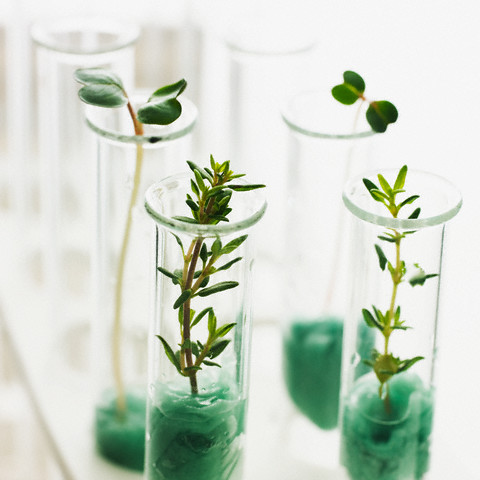International Journal of Pure & Applied Bioscience (IJPAB)
Year : 2018, Volume : 6, Issue : 1
First page : (1583) Last page : (1586)
Article doi: http://dx.doi.org/10.18782/2320-7051.6273
Simple Way to Study Plant Ionomics : A Functional Tool of Genomics
Sowmya, H. H.1, Showkath Babu, B. M.1, Shruthi, K.2, Ramya, V.3,
Sumalatha, G. M.2, Supriya, S. M.4 and Kamatar, M. Y.2
1Department of Genetics and Plant Breeding, University of Agriculture Sciences, Bengaluru, 560 065, Karnataka, India
2Department of Seed Science and Technology, University of Agriculture Sciences, Bengaluru, 560 065, Karnataka
3Department of Crop Physiology, University of Agriculture Sciences, Bengaluru, 560 065, Karnataka
4Department of Genetics and Plant Breeding, University of Agricultural Sciences, Dharwad, 580005, Karnataka
*Corresponding Author E-mail: Sowmyahh.cta@gmail.com
Received: 21.01.2018 | Revised: 19.02.2018 | Accepted: 25.02.2018
ABSTRACT
In the present era of omics/genomics, Ionomics is one of the major technology for the structural and functional genomics study. Natural variation in the regulation of the accumulation of mineral nutrients and trace elements in plant tissues is crucial to plant metabolism, development, and survival across different habitats. With the advancement in the field of genomic study the genomic level regulation of the ions in the plant system has been studied which pave the path for the discovery of the novel gene with its function. Studies of the genetic basis of natural variation in nutrient metabolism have been facilitated by the development of Ionomics. Ionomics is a functional genomics approach for the discovery of the genes and gene networks which regulate the elemental composition, ionome of an organism. The complete ionomic profiling of the plants are done by using a number of analytical tools like ICP-MS, ICP-OES, X-Ray crystallography, Neutron Activation Analysis (NAA) etc. All these analytical tools yields complete profile of the ions present in the plants. These data are stored in a database called PiiMS (Purdue Ionomics Information Management System). This huge data helps in the forward and reverse genetic approach for studying the structural and functional genomics of the particular organism. Studying genetic variation in elemental accumulation can provide major insights into how plants adapt to heterogeneity of soil types that comprise the natural landscape. Thus, Ionomics is a relatively inexpensive yet comprehensive physiological profiling technique, especially for research questions involving mineral nutrition, making it well suited for plant studies. Using the appropriate combinations of instrument, tissue and controls will enable researchers to harness the power of Ionomics for genetics, gene discovery and modelling.
Key words: Functional genomics, Ionome, Ionomics, Database, QTL mapping.
Full Text : PDF; Journal doi : http://dx.doi.org/10.18782
Cite this article: Sowmya, H.H., Showkath Babu, B.M., Shruthi, K., Ramya, V., Sumalatha, G.M., Supriya, S.M. and Kamatar, M.Y., Simple Way to Study Plant Ionomics : A Functional Tool of Genomics, Int. J. Pure App. Biosci.6(1): 1583-1586 (2018). doi: http://dx.doi.org/10.18782/2320-7051.6273





